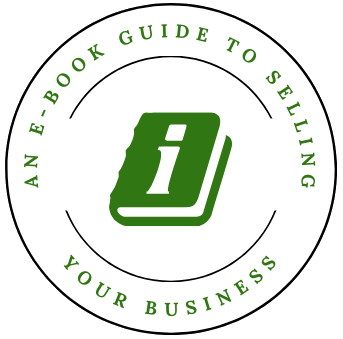Everybody likes getting something for free, and taxes are no different. If you invest in securities such as municipal bonds (munis) or municipal bond funds, you can generate tax-free interest income. Here is what you need to know.

You pay zero federal tax on municipal bond investment income. This makes municipal bonds more attractive than many comparable taxable investments. A municipal bond paying 6 percent to an investor in the 24 percent tax bracket is actually a better investment than a taxable bond paying interest at 7.9 percent, due to the federal income tax break.
What’s more, municipal bond income isn’t counted for net investment income tax purposes. So if you are subject to this 3.8 percent surtax, municipal bonds provide an additional tax break to you. And, if the bond is issued by an authority within the state where you reside, it’s also exempt from any state income tax.
For these reasons, municipal bonds are a popular investment, especially among retirees because they are often stable, and most bonds carry a relatively low risk.
If you wait to start taking money out of your retirement accounts, the balance in your accounts may be very high when you reach age 73. These higher balances mean a higher annual taxable withdrawal amount. If your required retirement plan distribution is large enough, it may apply a higher marginal tax rate on your withdrawals, and trigger taxes on your Social Security benefits. Depending on your income and filing status, up to 85 percent of your Social Security benefit can be subject to income tax.
The key is to be tax efficient in your withdrawals every year, and long before the required minimum distribution rules take away your planning flexibility.
While the benefits of municipal bonds make it an attractive option for many investors, there are potential downsides:
Investing in municipal bonds can provide tax-free, stable income, but you need to understand how the investments fit with your situation to maximize the tax savings.
Article from CK Books & Billing. This article has been reprinted with permission from CK Books & Billing
The ultimate starting point is to find out where your business sits in the market. We've put together a handy Market Range Estimate™ calculator, that will give you a starting point so you can prepare to increase the value for the ultimate day of selling your business.
Get your free MRE™ now! Market Range Estimate™

